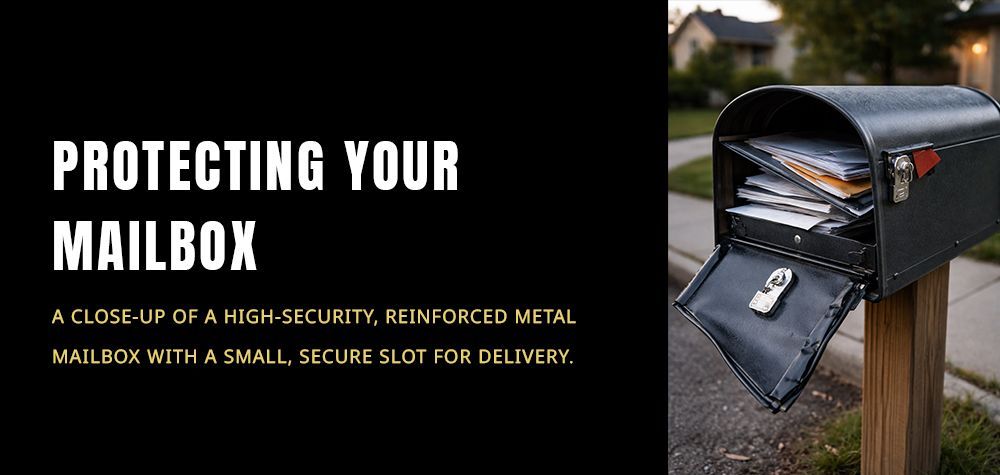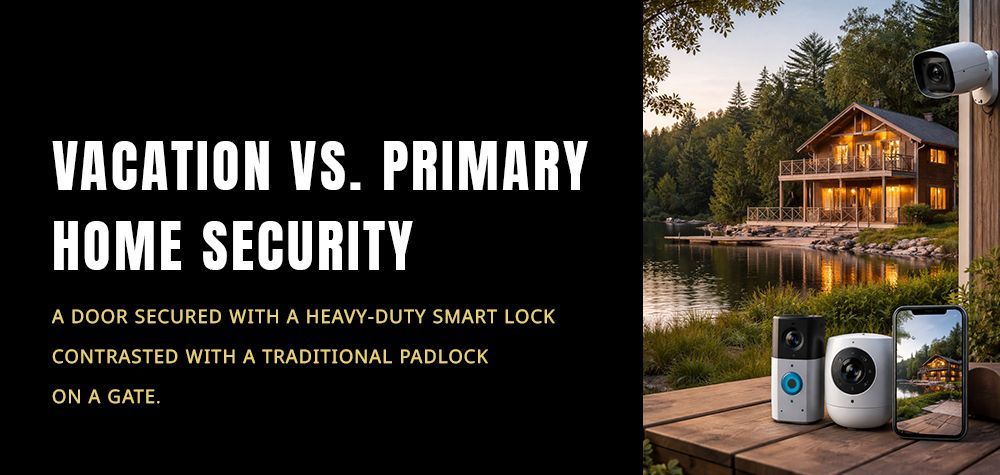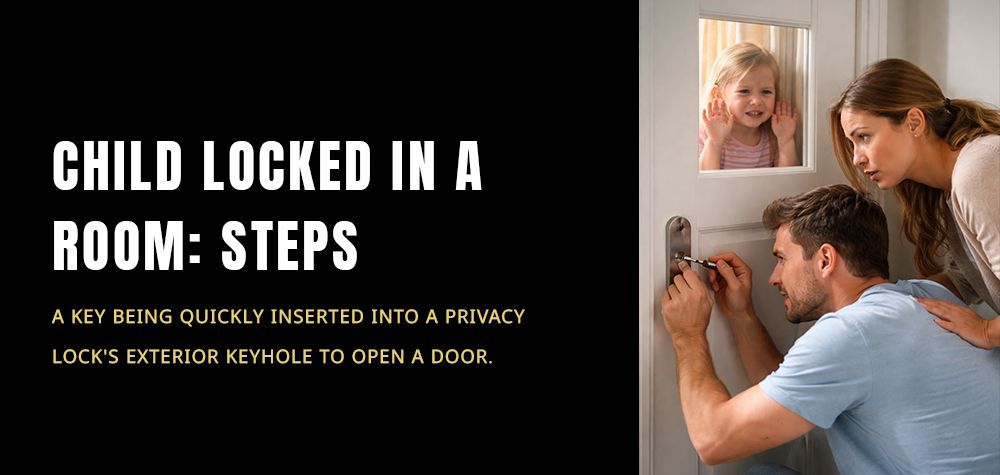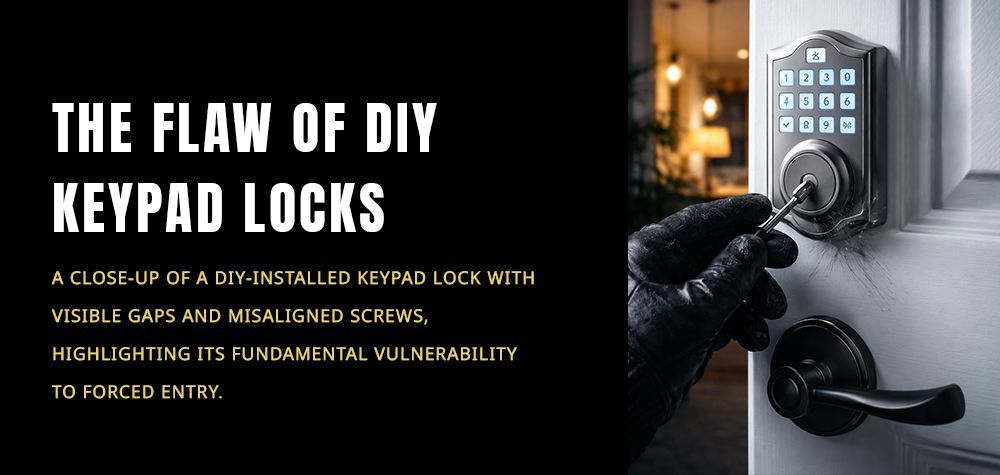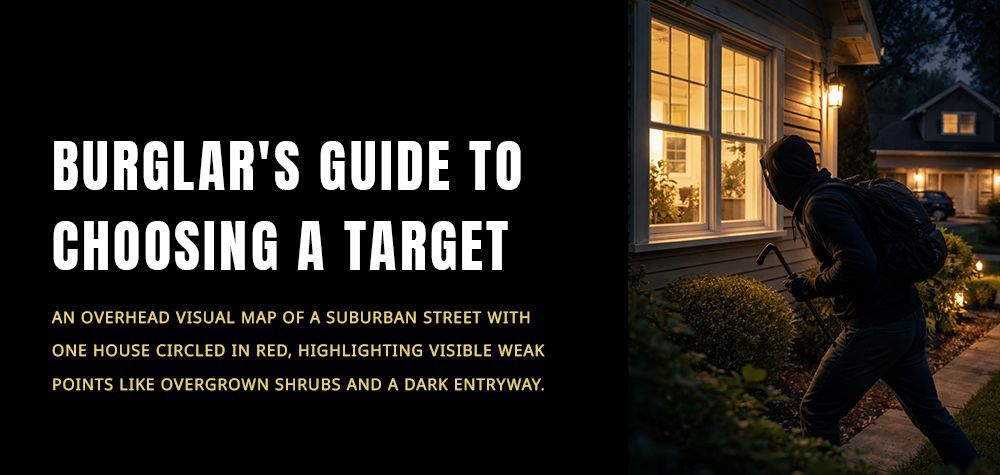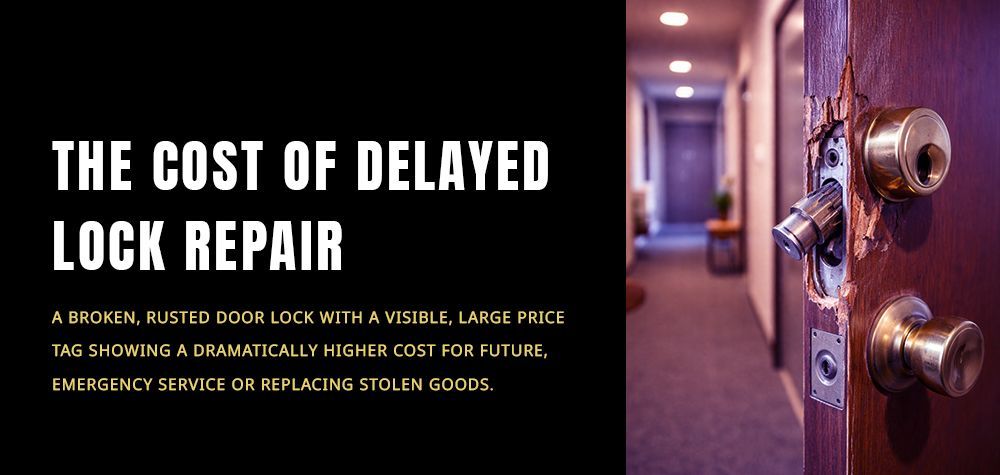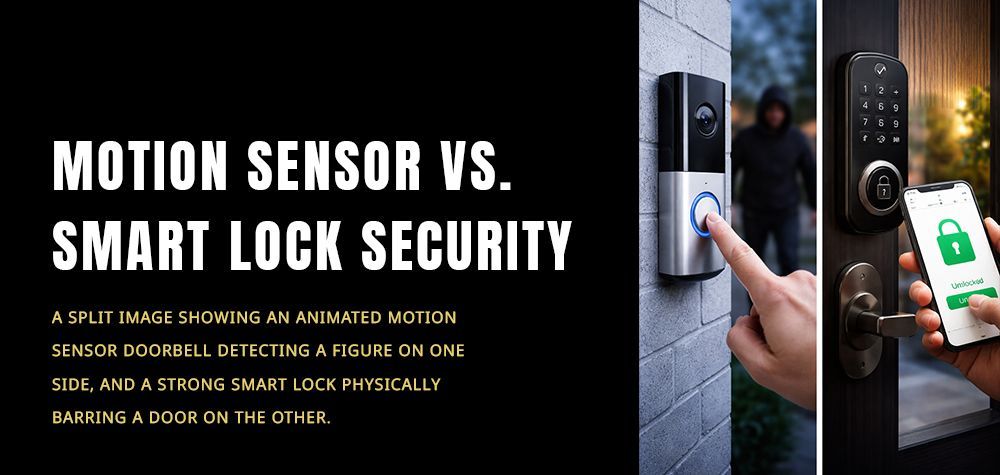5 Reasons Why Rekeying is Better Than Replacing Your Locks
When it comes to securing your home or business, rekeying your locks often stands out as the smarter, more efficient choice over replacing them entirely. Whether you've recently moved, misplaced your keys, or simply want to upgrade your security, rekeying provides a cost-effective and convenient solution. It’s not just about saving money; it’s about maintaining control, improving safety, and making eco-friendly decisions without compromising on protection. Let’s dive into why rekeying might be the best option for your locks.
What Is Lock Rekeying and When Should You Consider It?
1. Cost-Effective Solution
Rekeying your locks is significantly cheaper than replacing them entirely. When you rekey, you only need to change the internal pins of the lock cylinder instead of buying a completely new lock. This process saves not only money but also time spent shopping for and installing new hardware. It’s an especially smart choice if you’ve just moved into a new home and want to ensure your security without breaking the bank.
2. Enhanced Security Without the Hassle
Rekeying provides the same level of security as replacing a lock but without the inconvenience of uninstalling the old lock and installing a new one. By rekeying, you ensure that old keys no longer work, keeping unwanted individuals out of your space. This method is particularly useful for lost keys, former tenants, or ex-employees, as it renders old access completely invalid.
3. Custom Keying Options
Rekeying allows for key customization. For instance, you can rekey all your locks to work with a single key, simplifying access to your home or business. This is known as master keying and is a great solution for homeowners or property managers tired of juggling multiple keys. Alternatively, you can create separate keys for specific areas, giving you complete control over who accesses different parts of your property.
4. Environmentally Friendly Option
Replacing locks often results in discarded hardware, which contributes to waste. Rekeying, on the other hand, uses the existing locks and requires only minor adjustments to the internal mechanism. By choosing to rekey, you’re making an eco-conscious decision that reduces waste and minimizes the environmental impact, all while ensuring your property’s safety.
5. Convenient and Quick Process
Rekeying is typically faster and less intrusive than a complete lock replacement. A professional locksmith can often rekey a lock in a matter of minutes, allowing you to regain peace of mind quickly. This is particularly beneficial during emergencies, such as when you lose your keys or need to revoke access immediately.
Replacing Isn’t Needed If Rekeying Solves the Issue
Lock replacement isn’t always the best solution. If your locks are in good condition, rekeying can resolve security concerns without the hassle or cost of installing new hardware. Rekeying changes the internal pins of the lock to make old keys obsolete while keeping the same lock body. It’s ideal for situations like moving into a new home, losing a key, or ending a lease agreement. Save time, money, and effort by opting for rekeying when the situation doesn’t demand a full replacement.
Consider Replacing Your Locks If the Situation Demands It
While rekeying is a practical solution in many cases, there are situations where replacing your locks is the smarter choice. If your lock is damaged, outdated, or doesn’t meet modern security standards, replacing it ensures your property stays protected. Replacement may also be necessary if you want to upgrade to advanced options like smart locks or keyless systems. In some cases, a complete replacement is the only way to address security vulnerabilities or functionality issues effectively.
- The Lock is Severely Damaged or Worn Out
When wear and tear or visible damage compromise security, replacement is a must. - You Need to Upgrade to Modern Locking Systems
Smart locks and keyless entry systems offer convenience and advanced security features. - The Lock Doesn’t Meet Security Standards
Outdated locks may not provide adequate protection against break-ins or tampering. - You’ve Experienced a Security Breach
After a break-in, replacing locks offers peace of mind and restores safety. - You’re Renovating or Changing Aesthetic Preferences
New locks can match updated interiors and elevate the look of doors.
Consider Rekeying Your Locks for an Affordable Security Boost
Rekeying is an excellent option when you want to enhance security without the cost of full lock replacement. It’s ideal if you’ve lost a key, moved into a new home, or experienced a change in who has access. By simply altering the internal mechanism of the existing lock, you can make old keys useless while keeping your hardware intact. Rekeying is a quick, cost-effective way to maintain control and protect your property.
- You’ve Moved into a New Home
Rekeying ensures previous occupants or contractors no longer have access. - You’ve Lost or Misplaced a Key
Eliminate the worry of someone finding and misusing your lost key. - You Want to Limit Access
Changing access for tenants, employees, or ex-partners is seamless with rekeying. - Your Locks Are in Good Condition
If your locks work fine and look good, rekeying saves you the cost of replacement. - You’re Looking for a Cost-Effective Solution
Rekeying is typically cheaper than replacing the entire lock system.
Can I DIY Rekeying or Do I Need Professional Help?
Rekeying can be a DIY task if you’re handy with tools and purchase a rekeying kit compatible with your lock brand. These kits come with step-by-step instructions to change the internal pins of the lock, allowing you to reprogram it for a new key. However, DIY rekeying requires patience and precision, and it might not be ideal for complex or high-security locks.
If you’re uncertain about the process, hiring a professional locksmith is a safer choice. Professionals ensure the job is done quickly and correctly, with no risk of damaging your locks. They can also handle specialized locks or systems that a DIY kit might not cover.
Tips:
- Attempt DIY rekeying only for standard locks and if you have basic locksmith skills.
- Invest in a professional locksmith for intricate, smart, or antique locks.
- Always test your lock thoroughly after rekeying to ensure it functions correctly.
- Remember, professional help may save time and prevent costly mistakes.
The Risks of DIY Rekeying
Taking on rekeying as a DIY project can seem cost-effective and straightforward, but it comes with potential risks that may outweigh the savings. Mishandling the process or lacking the right tools can lead to damaged locks, misaligned pins, or even a lock that won’t work at all. These mistakes can render your lock unusable and may require professional repairs or replacement, increasing costs in the long run.
Another concern is security—if the rekeying isn’t done properly, it could compromise the safety of your home. Without proper expertise, you might miss signs of wear or damage that a professional would catch.
Key Risks to Consider:
- Damage to Locks: Mishandling pins or springs can permanently damage the lock.
- Compatibility Issues: DIY kits may not match your lock type, leading to errors.
- Compromised Security: A poorly rekeyed lock may be easier to pick or tamper with.
- Time-Consuming: Without experience, rekeying can take hours and cause frustration.
- Hidden Costs: Fixing DIY mistakes often costs more than professional rekeying.
Why We Recommend Professional Rekeying
Rekeying may seem like a straightforward task, but when it comes to the safety and security of your home, leaving it to a professional is the smartest choice. Expert locksmiths have the tools, skills, and experience to handle the process with precision, ensuring your locks work seamlessly and provide the maximum level of protection.
Professionals can also identify hidden issues, like worn-out mechanisms or signs of tampering, which a DIY approach might overlook. Plus, they save you the hassle, time, and potential frustration of troubleshooting common DIY mishaps.
Why Go Pro?
- Accuracy Matters: Professionals ensure your lock functions perfectly without risking damage.
- Enhanced Security: Experts spot vulnerabilities and ensure your home is as secure as possible.
- Time-Saving: A locksmith can complete the job quickly and efficiently.
- Peace of Mind: No second-guessing if you’ve done it right—trust the pros to get it right the first time.
Why Choose Brothers Locksmith for Rekeying and Lock Services?
When it comes to securing your home, business, or vehicle, Brothers Locksmith is the trusted name you can count on. With years of experience and a reputation for excellence, we specialize in delivering top-notch rekeying, lock replacement, and comprehensive security solutions tailored to your needs.
Call Us Any Time!


